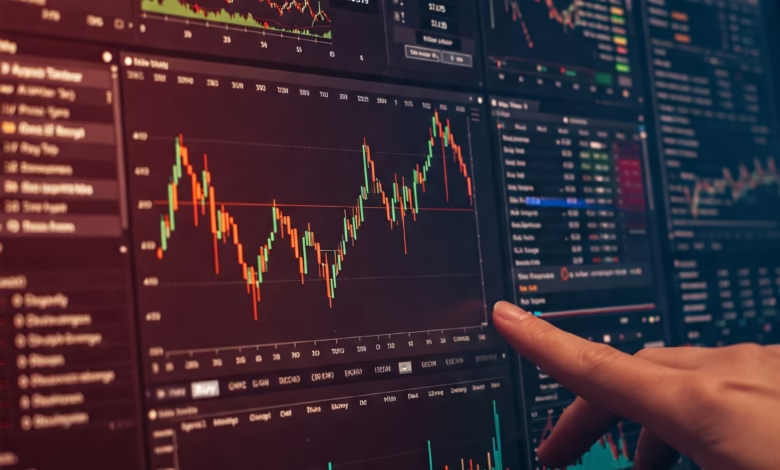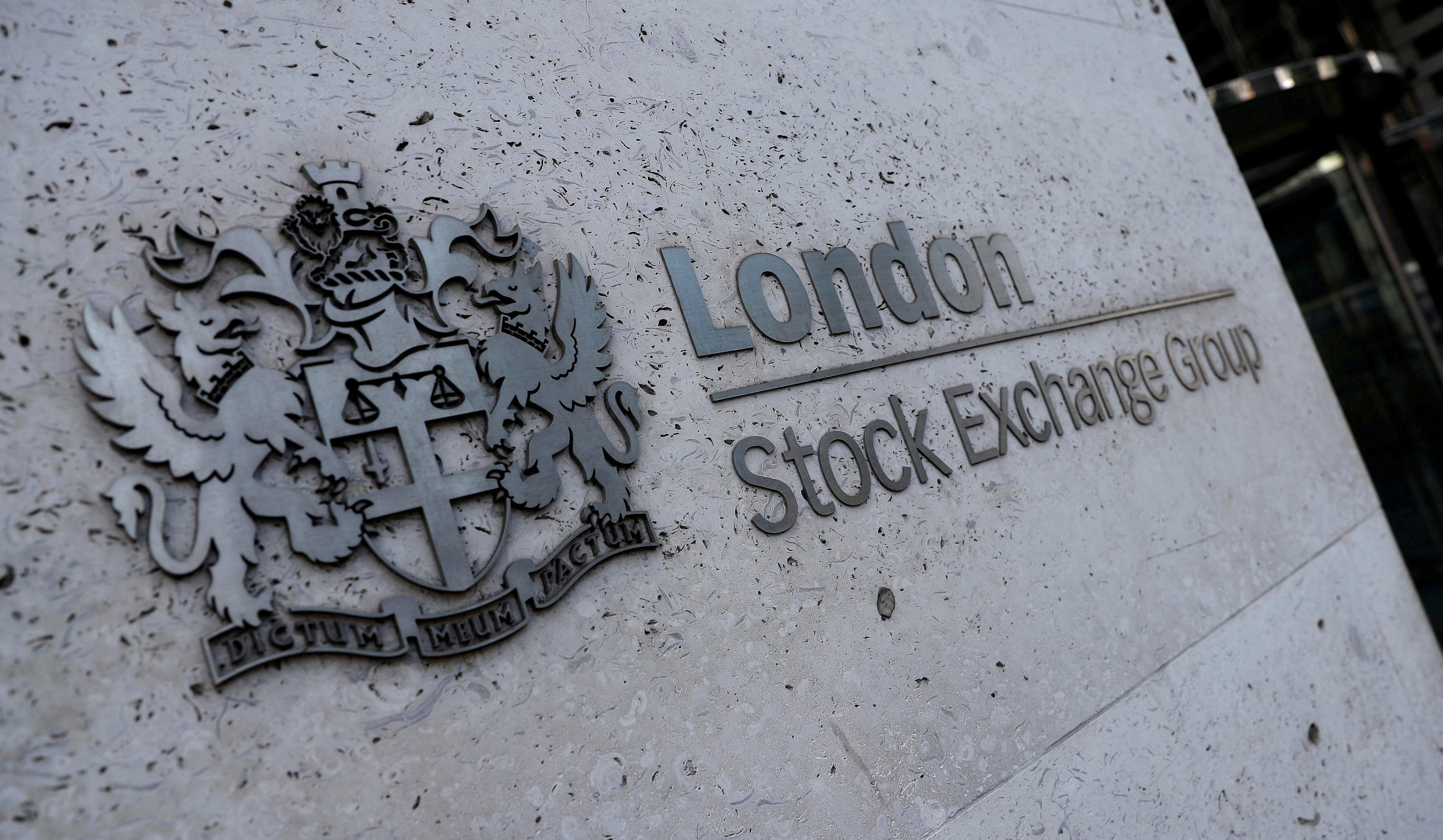What is the London Stock Exchange (LSE)?
Find out what the London Stock Exchange is and how it works!

The London Stock Exchange (LSE) is one of the world’s oldest and most influential stock exchanges. Located in the heart of London, it serves as a major hub for global finance. But what exactly is the LSE, and how does it impact investors? Let’s break it down in simple terms.
What is the London Stock Exchange and How Does it Work?

At its core, the LSE is a marketplace where buyers and sellers trade shares of publicly listed companies. These companies range from household names like Shell and HSBC to smaller, emerging businesses. When you buy a share of a company on the LSE, you’re essentially buying a small piece of that company.
The LSE operates electronically, meaning that trades are executed quickly and efficiently through computer systems. This allows investors from all over the world to participate in the UK stock market.
Why is the London Stock Exchange Important for US Investors?
For US investors, the LSE offers several key benefits:
- Diversification: Investing in the LSE allows you to diversify your portfolio beyond US stocks, reducing your overall risk.
- Exposure to Global Markets: The LSE is home to many international companies, providing exposure to markets around the world.
- Strong Regulatory Environment: The LSE is known for its high standards of regulation, providing a safe and transparent environment for investors.
Key Differences Between the LSE and the New York Stock Exchange (NYSE)

While both the LSE and the NYSE are major global exchanges, there are some key differences:
- Trading Hours: The LSE operates on London time, which may differ from US trading hours.
- Currency: Stocks on the LSE are typically traded in British pounds, while NYSE stocks are traded in US dollars.
- Listing Requirements: The requirements for companies to list on the LSE may differ from those of the NYSE.
How to Invest in the London Stock Exchange From the US
Investing in the LSE from the US is relatively straightforward. Here are a few options:
- International Brokerage Accounts: Many US brokerage firms offer access to international markets, including the LSE.
- American Depositary Receipts (ADRs): Some companies listed on the LSE also have ADRs, which trade on US exchanges.
- Exchange-Traded Funds (ETFs): There are ETFs that track the performance of the LSE, providing a diversified way to invest.
Understanding the FTSE 100 and Other LSE Indices

The FTSE 100 is the most widely recognized index for the LSE. It tracks the performance of the 100 largest companies listed on the exchange. Other important LSE indices include:
- FTSE 250: Tracks the 250 largest companies after the FTSE 100.
- FTSE All-Share: Tracks the performance of all companies listed on the LSE.
Tips for First-Time LSE Investors
If you’re new to investing in the LSE, here are some helpful tips:
- Do Your Research: Thoroughly research any company or index before investing.
- Start Small: Begin with a small investment to get a feel for the market.
- Consider ETFs: ETFs can be a good way to diversify your LSE investments.
- Stay Informed: Keep up-to-date on market news and trends.

By understanding the basics of the London Stock Exchange, US investors can tap into a wealth of opportunities in the global financial market.





